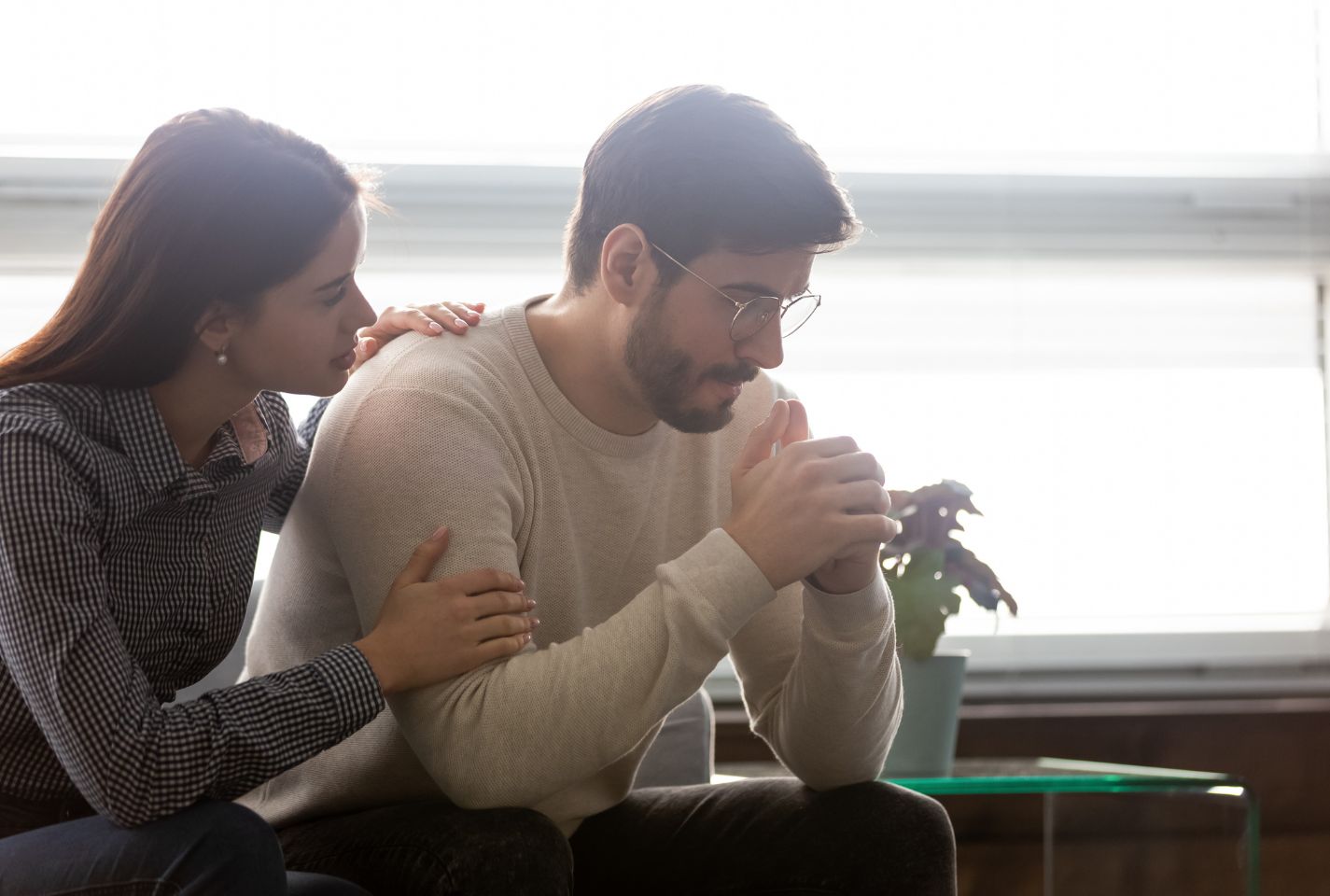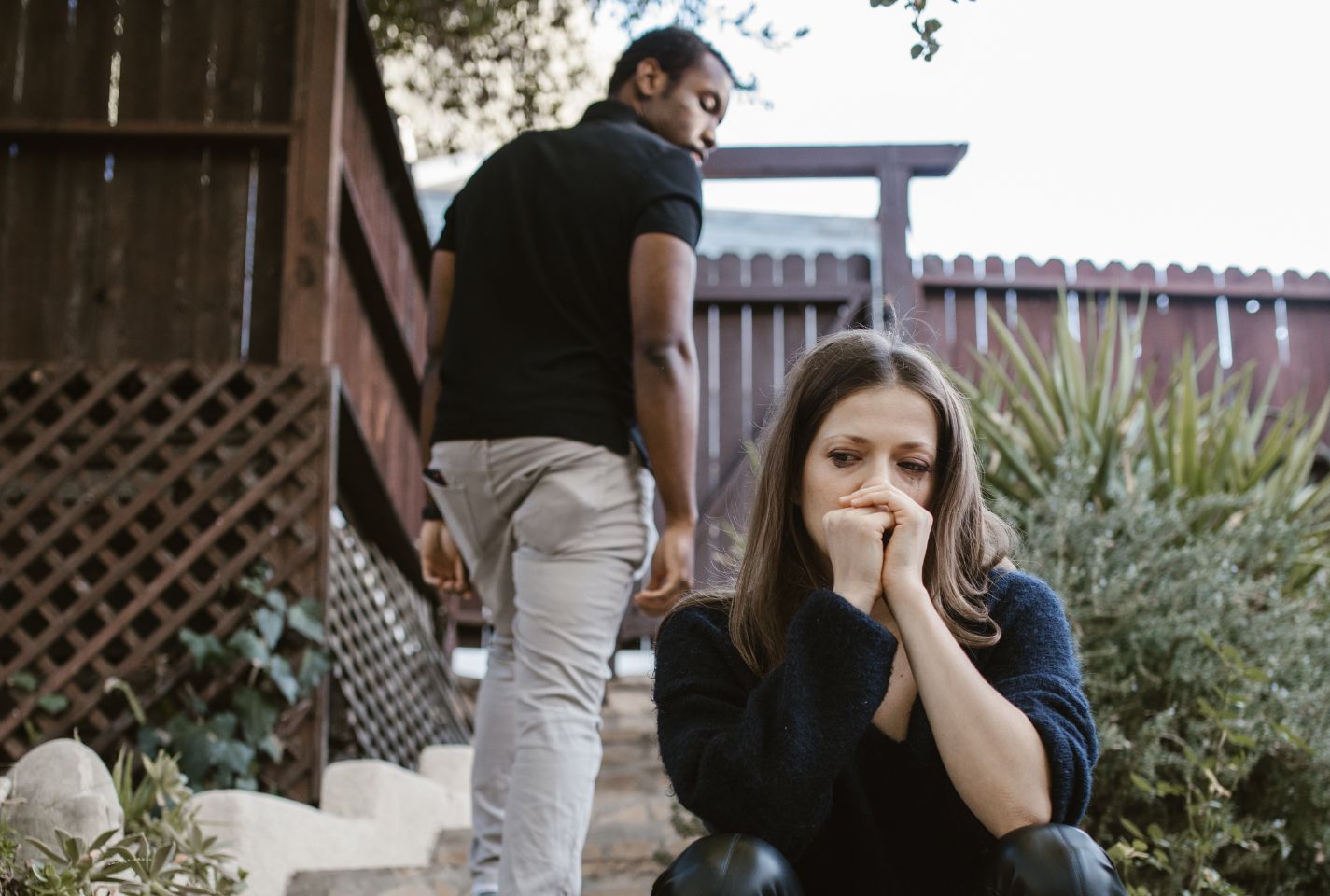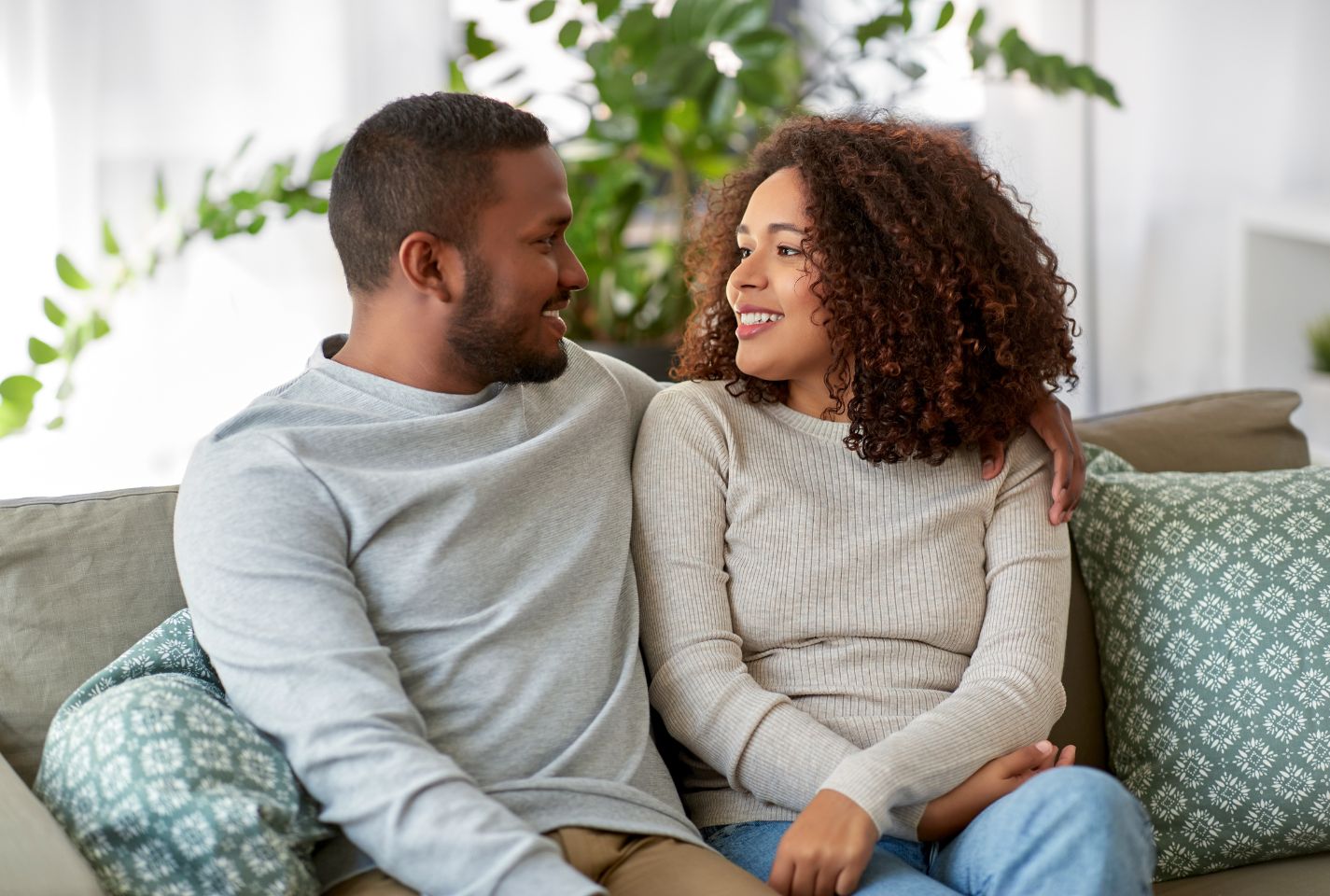As a relationship coach with over 15 years of experience counseling couples, I have worked with countless clients who are trying to navigate the complicated waters of dating after a breakup.
Whether it was an abrupt split or a long time coming, ending a relationship can turn anyone’s world upside down. Your heart may still feel bruised and tender, and the thought of letting someone new into your life might seem unfathomable, or even frightening. This is all completely normal after a breakup.
However, I know firsthand that with time, self-care, and an openness to learn and grow, your heart will mend and you can regain the courage to share it with someone new. As a relationship expert who has walked this path myself in the past, I hope I can offer you guidance, reassurance, and support as you consider whether the time is right for you to start dating again after heartbreak.
Taking Stock of Your Emotions After the Breakup

In the raw, early days following the end of a relationship, you will likely cycle through a complex range of emotions. Some of the most common feelings my clients report during this period include:
- Anger
- Sadness
- Confusion
- Loneliness
- Fear
- Relief
All of these feelings are normal, and allowing yourself to fully experience them is an important part of the healing process. Stuffing down difficult emotions or trying to numb them will only prolong your heartache.
Instead, I encourage my clients to embrace self-care during this sensitive time. Talk to close friends and family about what you’re going through. Journal about your thoughts and feelings. Make comfort foods and watch nostalgic movies. Allow yourself to fully grieve the loss so that you can eventually make space for new love to enter.
Signs You May Be Ready to Start Dating Again

There is no set formula for how long you should wait before dating after a breakup. Rather, focus on the following signs that indicate you have done the personal work to prepare your heart for a new relationship:
1. You’ve allowed enough time for grief and reflection.

If your last relationship was longer-term (a year or more), I typically recommend waiting about 6 months before dating again. However, every situation is different. Pay attention to internal cues rather than adhering to a strict timeline. Do you still find yourself crying over this person frequently? Do you feel overwhelmed with anger or bitterness when you think of them? Take more time to process those feelings before trying to let someone new into your heart.
2. You have clarity around the relationship’s end.
An important part of moving forward after a breakup is being able to clearly understand why things ended, including your own role in the dissolution. If you have only murky, painful memories around the breakup, take more time to gain objectivity by talking to a confidant or therapist. Once you can see the relationship and breakup through a lens of growth rather than failure, you’ll feel more empowered to apply those lessons to a potential new partnership.
3. Your sense of identity beyond the relationship has been restored.

Especially after long-term relationships, it’s common to lose your sense of self outside of the couple identity you shared with your ex. Take time to rediscover your passions and interests outside of romance before trying to let someone new into your life. Rebuilding your confidence and self-love as an individual will empower the right person to see you for everything that makes you uniquely you.
4. You have a strong support system in place.
Going through a breakup can feel profoundly isolating, especially if your ex was your main support system. Before dating again, be sure you have close friends or family in your life you can rely on, whether you’re feeling strong or vulnerable. If you don’t have a support network currently, consider joining a breakup support group to connect with others experiencing similar emotions. Knowing your worth isn’t contingent exclusively upon romantic love will help you make empowered dating decisions.
How to Start Meeting Potential Partners

Once you’ve determined you are truly ready to start dating again, it’s understandable to feel nervous or hesitant about putting yourself out there. Here are my best tips for taking the first steps:
Use dating apps thoughtfully. Quality matchmaking algorithms can help introduce you to potential partners you might not otherwise meet. But don’t rely too heavily on swiping and messaging. Arrange to meet promising matches in person fairly quickly so you don’t waste time building up a fantasy that doesn’t match reality.
Try new social hobbies. One of the best ways to organically meet someone new is by taking up hobbies that introduce you to fresh social circles. Consider joining a local volleyball league, photography club, or volunteering with an organization whose mission resonates with you. Approaching new activities with openness and focusing on enjoyment rather than partner-seeking takes pressure off the experience.
Accept all introductions from friends. Don’t immediately dismiss suggestions from well-meaning friends who think they know someone you’d hit it off with. Even if there are no sparks initially, having coffee or dinner with new people expands your social network and breaks the inertia of heartbreak.
Say “yes” to invitations. Similar to the above, don’t hole up at home just because you don’t have a plus-one. Attend dinner parties, gallery openings, concert fundraisers. The more you put yourself out there without the pressure to impress or connect romantically, the more confident and empowered you’ll feel when the right situation unfolds organically.
Healthy Mindsets for Post-Breakup Dating

Dating with intention, rather than as a means of avoiding pain or validating self-worth, is key to forming healthy new relationships after heartbreak. Here is the advice I offer my clients to help them cultivate the proper mindset:
Release expectations. Don’t enter new dating situations, whether introduced through apps or friends, with a rigid checklist of must-haves. Instead, adopt openness to what unfolds, assessing connection and compatibility as you get to know someone over time. Early red flags are important to note, but try not to write someone off too quickly over small mismatches between ideals versus reality.
Don’t make comparisons. When getting to know a new dating prospect, focus on listening and learning about them rather than comparing them to your ex. This will allow organic connections to develop without baggage from the past muddying your perceptions of new potential partners.
Know your non-negotiables. While rigid checklists aren’t helpful, having clear boundaries around what you absolutely need in a relationship can protect you from repeating harmful patterns. Make kindness, mutual caretaking, reliability, emotional availability your baseline requirements rather than superficial traits that don’t predict long-term compatibility.
Practice mindful dating. Rather than multi-dating or firing off messages to every match that comes through, thoughtfully single out one or two prospects to focus your energy on at a time. Be fully present on dates: make eye contact, ask questions, note emotional responses. Mindful dating prevents you from relying on unhealthy distractions and helps you tune into healthy new possibilities.
Things to Avoid When Starting to Date Again

While approaching post-breakup dating with wisdom and intention can open your heart to new love once more, entering this sensitive period with awareness means steering clear of certain behaviors I’ve seen re-traumatize my clients time and again:
Rushing physical intimacy. I cannot stress enough that casual hookups and one-night stands are almost always a bad idea immediately following a breakup. Even if you feel ready for physical closeness, these fleeting encounters often leave emotional scars when your heart is still so tender. Wait until you meet someone truly kind, patient and caring to share increased physical vulnerability.
Overdrinking. It’s understandable to want to take the edge off first date jitters or dull lingering pain over your ex. However, overindulging can lead to lowered inhibitions and poor decisions when it comes to new romantic prospects. And frequently drinking to excess is also a red flag if that habit continues as a new relationship gets more serious. Keep alcohol consumption minimal on first dates so you can observe behaviors clearly.
Venting about your ex. The temptation to spill all the gory details about how horribly your last relationship ended, especially if infidelity was involved, is strong. However, unloading trauma on someone you barely know can unintentionally push them away. If anyone judges you for keeping intimate details private those first few dates, that itself is a red flag of poor emotional intelligence or kindness.
Revealing too much, too soon. Conversely, be wary of anyone who seems overly eager to ingratiate themselves and gain your trust immediately. If new dates want to spend every waking moment together right off the bat, they either don’t understand appropriate relationship pacing or could even have manipulative tendencies. Talk to a close friend or therapist if you ever feel pressured by how quickly a prospect wants the relationship to escalate.
Compromising your standards. On the flip side, don’t mistake instant, intense chemistry for the building blocks of lasting compatibility. New relationships should make you feel respected, safe, seen for every facet of who you are. If you let red flags slide because you want to feel desirable or you’re tired of being single, you may slip back into unhealthy patterns better left in the past. Check in with yourself: are your needs being met? Do you feel empowered or disempowered? Trust internal warning signs rather than making excuses.
In Closing: A Hopeful Note
Recovering from heartbreak is a winding, up-and-down journey that looks different for everyone. If you’ve experienced relationship trauma, extra patience with yourself as you consider next steps is essential.
But whether it ended two months or two years ago, please know that you can heal, grow, and eventually open yourself to love’s possibilities once again. Allow yourself to feel all the feelings—they are only visitors, not permanent residents. And when you’re ready, may you welcome shoulders to lean on, hearts to lift you up, laughter to wash away sadness. You deserve nothing less.
Wishing you courage and compassion on the journey.








